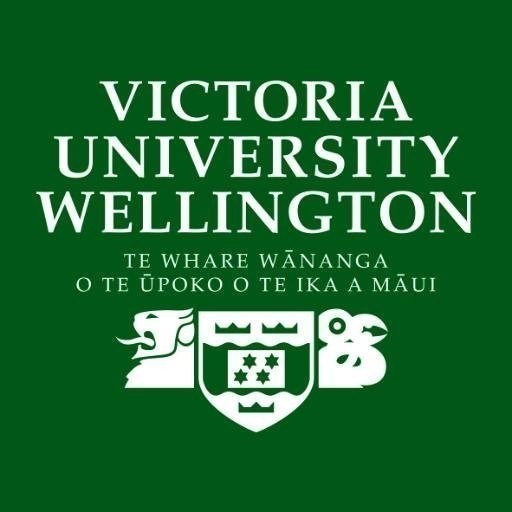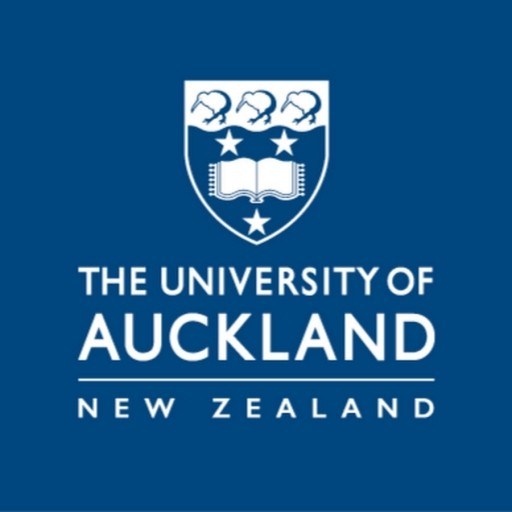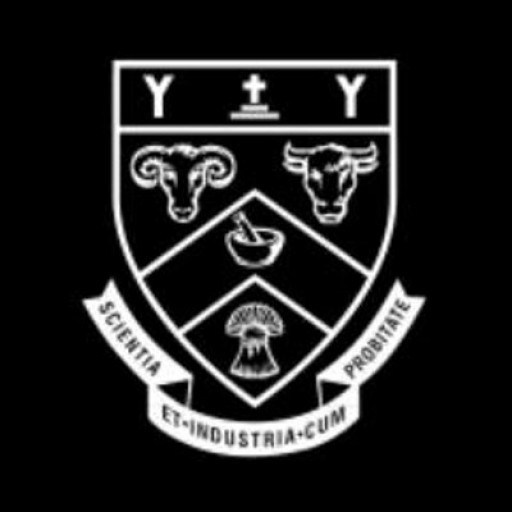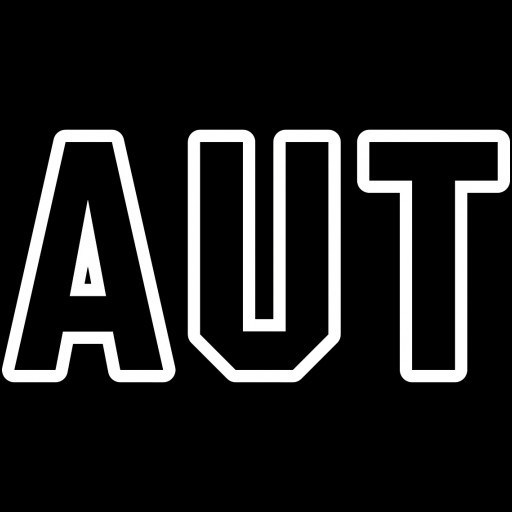apply for the Bachelor of Arts in Applied Linguistics at Victoria University of Wellington to develop a comprehensive understanding of language and communication in diverse contexts. This innovative programme is designed for students interested in exploring the intricate relationships between language, society, and culture, equipping graduates with practical skills for careers in language teaching, translation, language policy, and research. Throughout the programme, students will engage with core topics such as second language acquisition, language assessment, intercultural communication, and language technology, gaining both theoretical knowledge and hands-on experience. The curriculum emphasizes critical thinking, research methods, and real-world applications, preparing students to address language-related challenges in multicultural and multilingual environments. The programme offers a flexible structure that allows students to tailor their studies according to their interests, with options to specialise in areas like TESOL (Teaching English to Speakers of Other Languages), language planning, or computational linguistics. Students will benefit from Victoria University’s excellent facilities, experienced faculty, and connections with government agencies, educational institutions, and industry partners. Practical components such as internships and project work enable students to apply their learning in professional settings, fostering skills in communication, analysis, and problem-solving. Graduates of the Bachelor of Arts in Applied Linguistics will be well-equipped to pursue careers in language education, curriculum development, language policy advising, translation and interpreting, or further academic research. The programme also provides a solid foundation for postgraduate study, with pathways into Master’s programmes and doctoral research. Join Victoria University of Wellington's Applied Linguistics programme to advance your understanding of language in society, enhance your intercultural competence, and prepare for meaningful careers in language-focused fields.
- Evaluating Research in Applied Linguistics
- The Research Process
- Listening & Speaking in the Language Classroom
- Teaching Reading and Writing
- Teaching and Learning Grammar
- The Pronunciation of English
- Understanding Second Language Learning
- Language Curriculum Development
- Special Topic: English for Academic Purposes
- Special Topic: Cognitive Linguistics and L2 Pedagogy
- Special Topic: Reflective Practice for Language Teachers
- Special Topic: Task-Based Language Teaching
- Learners and Second Language Learning
- Language for Specific Purposes
- Teaching and Learning Vocabulary
- Language Assessment
- Language Testing
- Learner Autonomy and Learning Strategies
- Computer-assisted Language Learning
- Evaluating Research in Applied Linguistics
- The Research Process
- Interaction and Identity in Language Learning
- Language in the Workplace
- Discourse Analysis
- Syntactic Analysis
- Phonetics and Phonology
- Issues in Sociolinguistics
- Research Paper
- Dissertation
- Thesis
Requirements
- A Bachelor's degree (or equivalent qualification) in Linguistics, English Language, Education or a language other than English (or another relevant degree), and at least two years of professional experience in language education or other aspects of applied linguistics.
- TOEFL 575 with (preferably) a TWE of 5; or 237 on the computer-based test; or 90 on the internet-based test with a minimum 20 in writing; or
- IELTS overall band of 6.5 with no sub-score below 6.0; or
- Pearson Test of English: minimum score of 65 (with a ‘Communicative’ score of not less than 58); or
- A minimum of two ratings of 5 and two ratings of 4 in the Victoria University English Proficiency Programme test.
Scholarships
- Erasmus Mundus Scholarship
- Global Education
- Wellington U3A Award
- VUW Hardship Fund Equity Grants
- Karis Boyd Scholarship
- Victoria Graduate Award
- International Student Achievement Scholarship
- Graduate Women Wellington - First in Family Scholarship
The Bachelor of Arts (Honours) in Applied Linguistics at Victoria University of Wellington is a comprehensive program designed to provide students with an in-depth understanding of language in its social, psychological, and practical contexts. The program focuses on analyzing language from multiple perspectives, including linguistic theory, language acquisition, and language teaching. Students will explore the nature of language, how it is used in diverse settings, and the ways in which it can be applied to solve real-world communication issues. Throughout the course, students engage in rigorous academic research, practical language analysis, and language teaching methodologies, equipping them with valuable skills for careers in education, research, language planning, and translation.
This program emphasizes a multidisciplinary approach, combining insights from linguistics, psychology, education, and cultural studies to offer a well-rounded perspective on language phenomena. Students will have opportunities to study various aspects of language such as syntax, phonetics, semantics, and pragmatics while also examining language policy and planning in multicultural and multilingual societies. The curriculum often includes practical components like language testing, curriculum development, and classroom teaching practice, preparing students for diverse professional environments.
Victoria University of Wellington supports its Applied Linguistics students through dedicated academic staff, modern facilities, and access to extensive research resources. The program encourages critical thinking and independent research, often culminating in a thesis or research project. Graduates of the program are well-prepared for roles in language education, government agencies, international organizations, and private sector companies where language skills and linguistic expertise are highly valued. The program also provides a solid foundation for further postgraduate studies in linguistics, applied linguistics, TESOL, and other related fields.




